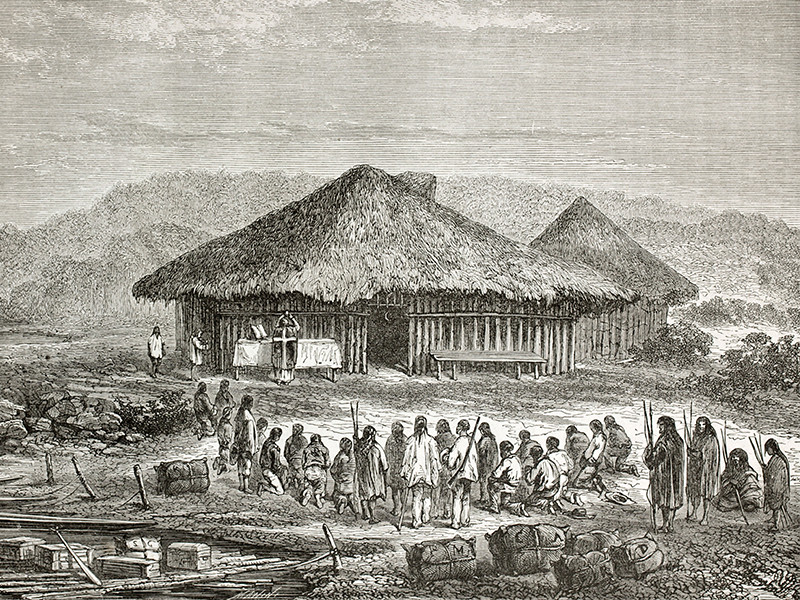Colonialism and Empire

What's Inside

Introduction
The act of building empires, of one nation asserting control over other peoples and territories through conquest, coercion, and exploitation of resources, has irrefutably shaped the world we inhabit today: geographically, politically, and economically.
The primary source collections hosted by British Online Archives (BOA) are rich in documentation relating to the expansion, methods, and impact of colonial rule throughout a wide range of geographical and historical contexts. They are particularly valuable for the study of the British empire, which was at its largest in 1919. BOA’s extensive collections of British government reports reveal the reality of colonial rule in Africa, Asia, the Americas, and Oceania.
Numerous collections likewise highlight the exploitation and inhumanity of the transatlantic slave trade. Pivotal moments in British-Indian relations can also be explored, including the rise and dominance of the East India Company.
Colonial rule meant more than political force: it endeavoured to “civilise” people, in line with European values and religious beliefs. This process is documented in BOA’s many collections relating to British missionary enterprises in various parts of the world. In turn, subjugated peoples have resisted and dismantled systems of imperial power. BOA’s collections document the course of rebellions, independence movements, and anti-imperial struggles across the globe.















.svg)















_1573848300-160x160.jpg)